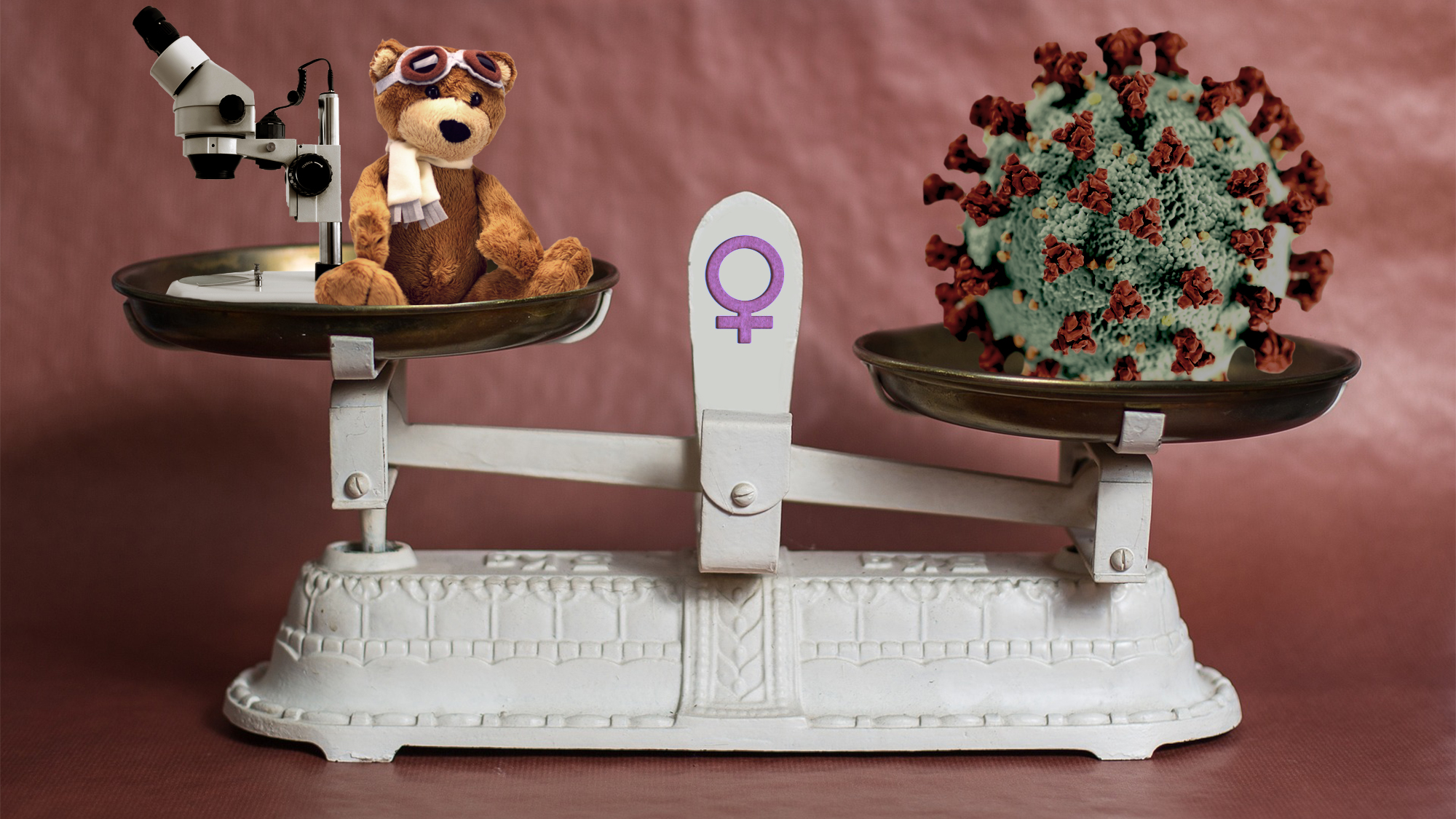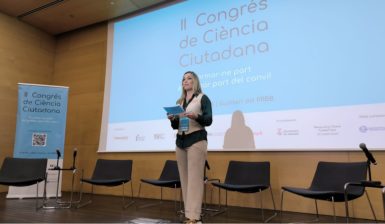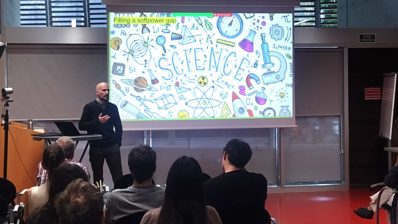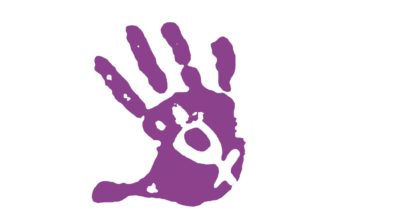About 1200 people registered to participate in the WISCovid19 conference last September, an online event organised by EMBL on the impact of the Covid19 pandemic on women in science. The fact that 95% of them were women exemplifies the problem at hand.
The conference was divided into three blocks:
- Personal stories from women in science during Covid19
- What organisations have done to help
- Tips from women in institutional leadership
The goals of the event were also three fold:
- Creating awareness about how the pandemic is affecting different groups; women especially, but also single parents (whether female or male) and Early Career Researchers (ECR)
- Learning best practices from institutions to take care of their staff
- Creating a community of like-minded people who will keep the conversation open (via a slack space and social media)
Roni Wright, a postdoc at the Centre for Genomic Regulation (CRG), was one of the speakers. The title of her talk, “Same storm, different boats” was very illustrative of the asymmetric way in which men and women (or often men with children) have experienced this crisis. Roni shared her personal case, joggling work with the care of her three children, talking about how she felt and how she managed (bend so you don’t break!). She also explained how the CRG had quickly set up a Work-life Balance taskforce to help their staff during this crisis.
Help at hand
Amongst other things, the CRG taskforce worked to implement actions including:
- flexible timetables
- a social space for families to interact informally
- information on resources for kids and mental health
- a constant communication with supervisors and updates from the institution so people didn’t feel isolated
- financial support to those struggling the most (single, a partner who lost their job…)
Other organisations also offered some help for those most suffering from Covid19. For example, the Institute Curie (France) organised online sessions for psychological support, and team leaders regularly checked the wellbeing of all team members and were in constant communication. At EMBL (Germany), mental health training was offered, as well as monthly opportunities for 1 to 1 chats with General Director, Edith Heard.
Another organisational tool, mentioned by co-organiser Friederike Gutmann, were 5-10min daily (zoom) morning check-ins / evening check-outs, in which mental health was explicitly discussed.
The Covid-19 crisis has taught us some valuable lessons on leadership. A 5-10min daily check-in with all your team members, in which you ask explicitly about mental health and wellbeing, is one way to show you care.
All in all, there was a somewhat positive feeling in the consensus that the Covid19 had come with some valuable lessons about how to be better leaders. In the words of Genevieve Almouzni (CNRS, Institut Curie):
- It’s OK to slow down, and you should tell those around you, or make it plain by other means such as your email signature.
- Be flexible with your teams dynamics (changing meeting schedules and formats if needed)
- Advocate for change in expectations
- Try to understand that everyone struggles
Old problem, new solutions?
But what was also clear is that Covid19 has only exacerbated an already existing gender disparity.
As Edith Heard herself mentioned, gender bias is out there; although she felt no big discrimination issues as a PhD, postdoc or even as a PI, she had felt them during her earliest steps at university – and she’s felt them now that she’s at highest level of her career, although perhaps it’s more unconscious. Still, “we need to speak up”, she called.
But unconscious bias and gender discrimination is only part of the problem. As Genevieve Almouzni showed in her presentation, the number of women as both ERC council members or grantees has increased in past years; but still, only 30% of applicants are women. So, it’s not only a problem of less women being selected (which could be in part explained by unconscious bias) but also of less women applying. Why is that?
There may be some psychological factors at play (impostor syndrome, lower self-esteem, greater perfectionism). But is there something else? Several discussions highlighted that, perhaps, the scientific career might not be as appealing to (some) women as it is to (some) men, and that there should be more “career paths” or job types to enable diverse voices in research institutes to be retained.
Could this crisis be an opportunity for a long overdue change in research and academic culture?
In any case, fierce competitiveness, lack of flexibility or penalisation for having a family are – in my opinion – not good for anyone, men or women. Could this crisis be an opportunity for a long overdue change in research and academic culture?
I sincerely hope so.
In the meantime, it’s important to keep gender equity under scrutiny – to segregate data by gender, to integrate the gender dimension by default in all aspects of research – and of course, to keep the conversation flowing!
You can see all the talks here.







